by Candice Jensen
Parenting is hard.
Parenting teenagers even harder.
This is no secret. You know what makes parenting an even harder job? Navigating the parenting of a special needs child on the autism spectrum.
Many of the readers of this blog know this difficulty first-hand.
I want to share an incident in a California school involving a 15-year-old student that has my wheels turning about how we approach, educate, and discipline our kids in the dreaded arena of an awkward social topic: sex. And more specifically, sexual harassment.
Recent media coverage of the ME TOO movement, multiple celebrities being accused of sexual harassment and sexual assault, and a crackdown of sorts on sexual harassment in the workplace have brought this important issue to the forefront of our minds.
Below is the account of what took place with the before-mentioned student:
The student, a 15-year-old boy diagnosed with high-functioning autism spectrum disorder, received notes from a few female students in his class asking him to allow them to perform oral sex on him for money. The student refused their requests. There was a back and forth between the male student and the female students via notes, and each time the male student replied “No”. In one instance, the student replied with a “Yes” in hopes that maybe the notes would stop. The student then ran from his high school to the elementary school where his mother works, trying to get away from the girls. The notes finally came to an end when the male student showed one to another classmate, who then dared him to “smack their ass(es)”. The student, feeling more comfortable with a dare from a friend, went ahead and smacked the girls behinds.
The incident escalated when the police showed up at the door of the male student’s home.
One of the girls had alerted a teacher, and then she and her father got the police involved. The police followed up with the school before making the home visit.
The student, most likely scared about the consequences coming to him, wasn’t fully truthful with the officer who came to question him. He finally told the officer about the notes and the dare. The officer said to the student: “You don’t even look sorry for what you did.” The student’s mother wanted to make sure the officer was aware of her son’s disability. The officer’s response was that he was fully aware of the disability. The officer later told the boy’s mother he was trying to scare her son into thinking straight and that one of the girls was pressing charges, but the other hadn’t told her parents at all. Eventually, the charges were dropped.
After the police officer had left, the student asked his mom what oral sex was.
There is so much to unpack from the incident, I find it hard to know where to start.
There’s the issue of understanding that individuals diagnosed with autism spectrum disorder have a different filter they see life through. It is difficult for these individuals to recognize social cues, and this makes them awkward around others. Imagine already feeling awkward as a hormonal teenager and trying to navigate your way through high school, then add the filter of your disability to the mix. When the student was approached by two classmates of the opposite sex asking to perform oral sex on him, he didn’t even know what the act was. Now, in my opinion, the initial passing of notes to the boy was harassment in itself. We all know kids can be cruel, and teenagers especially can be brutal to their peers.
Its hard to know in the age of anti-bullying and harassment where to draw the line of “kids will be kids” and when to make an issue of these sorts of incidents.
Another thing that struck me when hearing the account of the incident was the police officer’s approach to the boy. When he said he was aware of the disability, but then made the comment about the boy “not looking sorry”, it made me a little angry. Of course he doesn’t “look sorry” his expressions are not shown like ours. His facial expression rarely changes. Even if he were feeling something so deeply, his face would stay the same.
So how do parents make sure that things like this don’t happen?
How do you articulate to a teenager with autism the appropriate behaviors with the opposite sex at school and in other settings?
Is this something that should be individually addressed with each special needs student when they reach high school age?
There is a delicate balance between making sure that individuals with harassment stories are heard, believed, and made to feel like they are not at fault, all the while recognizing that there are select individuals that may be telling stories for attention. Recognizing each individual’s needs, and being sure their needs are served appropriately, both at home and at school, is a major responsibility with parents and their educators alike.
In the case of the student, the school and their educators failed in not following procedures in place for the student’s IEP (Individualized Education Program), and signs were missed with the student’s behavior that could have alerted all involved to the note-passing.
So what do YOU think about this particular incident and the sort of lessons learned about the approach to an autistic student in the subject of sex? Can you relate? Do you have your own story to tell?
In my opinion, the best thing we can do for our kids is to be open and available for them to come to with questions.
Being truthful with them should be the practice. This will foster healthy habits and relationships between not only you and your child, but with your child and his/her peers.
The feelings of the writer doesn’t reflect AiN or the board members, but of the writers.
